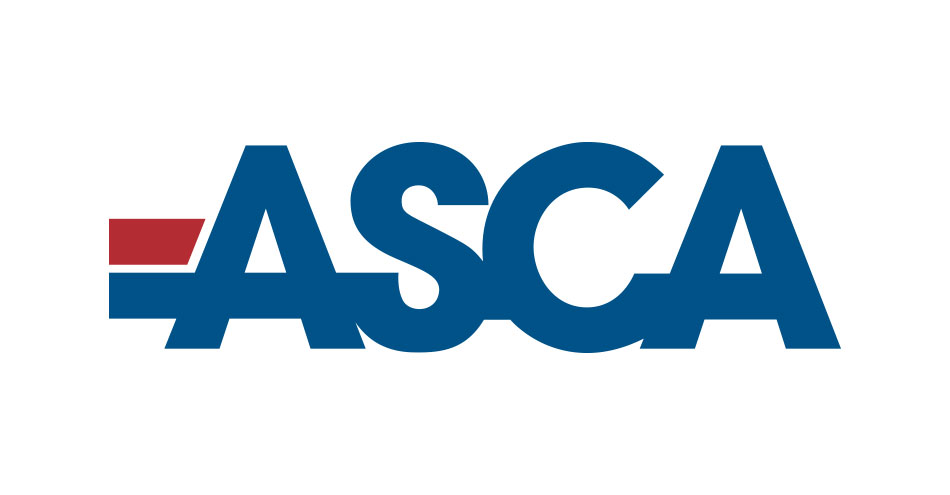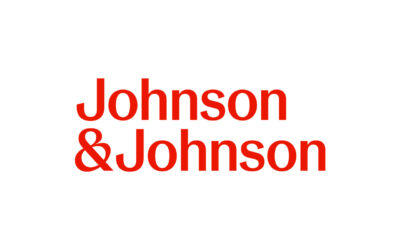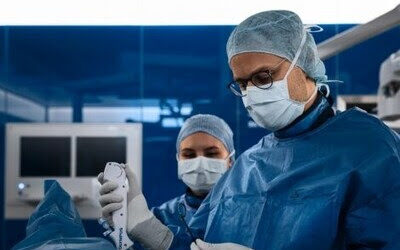 In response to government guidance that hospitals and ambulatory surgery centers postpone elective surgeries during the COVID-19 pandemic, the Ambulatory Surgery Center Association (ASCA) has consulted with clinical leaders to solicit recommendations on how and when facilities should proceed with cases that, for clinical reasons, should not be postponed. A surgery may be deemed urgent and necessary if the treating physician decides that a months-long delay would increase the likelihood of significantly worse morbidity or prognosis for the patient.
In response to government guidance that hospitals and ambulatory surgery centers postpone elective surgeries during the COVID-19 pandemic, the Ambulatory Surgery Center Association (ASCA) has consulted with clinical leaders to solicit recommendations on how and when facilities should proceed with cases that, for clinical reasons, should not be postponed. A surgery may be deemed urgent and necessary if the treating physician decides that a months-long delay would increase the likelihood of significantly worse morbidity or prognosis for the patient.
First and foremost, if a procedure can be safely postponed without additional significant risk to the patient, it should be delayed until after the pandemic. The current and ongoing efforts to isolate our population and create social distancing are essential steps in saving lives by shortening and ultimately ending the COVID-19 pandemic. The health and safety of patients, along with preventing the spread of COVID-19, must be our highest priority. We concur with the American College of Surgeons that “the risk to the patient should include an aggregate assessment of the real risk of proceeding and the real risk of delay, including the expectation that a delay of 6–8 weeks or more may be required to emerge from an environment in which COVID-19 is less prevalent.”
Physicians should engage with patients and families to make care decisions that minimize potential risks to patients while ensuring they receive necessary care that cannot be safely delayed. Physicians should consider the potential of post-surgical complications that could place stress on the local hospital that may lack capacity for transfers. To that end, facilities should reach out to local hospitals to establish a line of communication that ensures coordination in managing care during the pandemic.
In addition, ASCs should develop explicit controls on how to manage the infection risks of all non-patient visitors (patient caregivers, vendors, contractors, etc.) who present themselves inside the facility and should strictly prohibit all non-essential visitors. Additional social distancing policies should be employed.
Examples of cases that might still need to proceed with surgery at this time include:
- Acute infection
- Acute trauma that would significantly worsen without surgery
- Potential malignancy
- Uncontrollable pain that would otherwise require a hospital admission
- A condition where prognosis would significantly worsen with a delay in treatment
Also, ambulatory surgery centers need to be prepared for the possibility that the pandemic may proceed to a point that strains the system such that hospitals will need to shift necessary surgeries to ASCs and/or ASCs and their resources will be required to serve the communities and the healthcare system in a different capacity. Additional guidance from regulatory agencies would govern those situations.
Finally, facilities need to recognize that the pandemic and its impact could create situations when ASCs may need to shut down, such as:
- When a patient, staff or physician who has been in the ASC is suspected or subsequently diagnosed with COVID-19
- When there is a significant shortage of PPE (masks, gowns, gloves, etc.) that prevents safe practice of surgical cases
Clearly, this is an evolving situation and the coming days and weeks will present different challenges for health care facilities, such as ASCs, to grapple with as the COVID-19 pandemic runs its course. As they occur, the ambulatory surgery community will continue to work with federal, state and local health policy leaders to protect and preserve the health of the public during this crisis.









